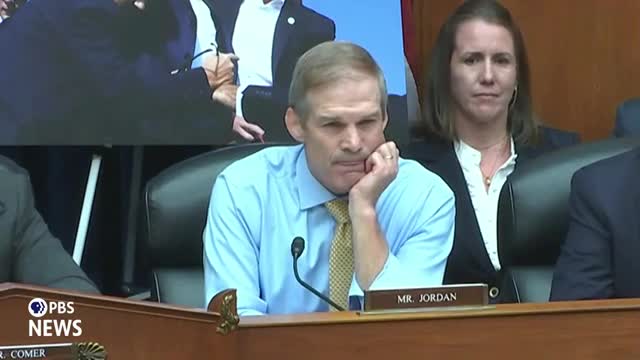Secret Service faces scrutiny over denied security requests

This article was created by AI summarizing key points discussed. AI makes mistakes, so for full details and context, please refer to the video of the full meeting. Please report any errors so we can fix them. Report an error »

In a recent government meeting, significant discussions emerged regarding the Secret Service's handling of requests for additional security resources, particularly in relation to former President Donald Trump's detail. Officials sought clarity on the number of requests that had been denied, with one member of the committee expressing frustration over the lack of specific answers.
The dialogue highlighted a discrepancy between the Secret Service's public statements and the reality of their operations. While a spokesperson for the agency acknowledged that some requests had indeed been turned down, the exact number and nature of these denials remained unclear. This raised concerns about the implications for security, especially in light of known threats, such as those from Iran.
Committee members pressed for details, questioning the rationale behind the denials and the criteria used to assess security needs. The Secret Service representative emphasized that their decisions are based on a judicious allocation of resources, suggesting that alternative measures could mitigate risks without necessarily fulfilling every request.
The meeting underscored the tension between the need for transparency and the operational discretion exercised by the Secret Service. As the discussion unfolded, it became evident that the agency's approach to security requests could have broader implications for public safety and trust in governmental protective measures.
The dialogue highlighted a discrepancy between the Secret Service's public statements and the reality of their operations. While a spokesperson for the agency acknowledged that some requests had indeed been turned down, the exact number and nature of these denials remained unclear. This raised concerns about the implications for security, especially in light of known threats, such as those from Iran.
Committee members pressed for details, questioning the rationale behind the denials and the criteria used to assess security needs. The Secret Service representative emphasized that their decisions are based on a judicious allocation of resources, suggesting that alternative measures could mitigate risks without necessarily fulfilling every request.
The meeting underscored the tension between the need for transparency and the operational discretion exercised by the Secret Service. As the discussion unfolded, it became evident that the agency's approach to security requests could have broader implications for public safety and trust in governmental protective measures.
View full meeting
This article is based on a recent meeting—watch the full video and explore the complete transcript for deeper insights into the discussion.
View full meeting